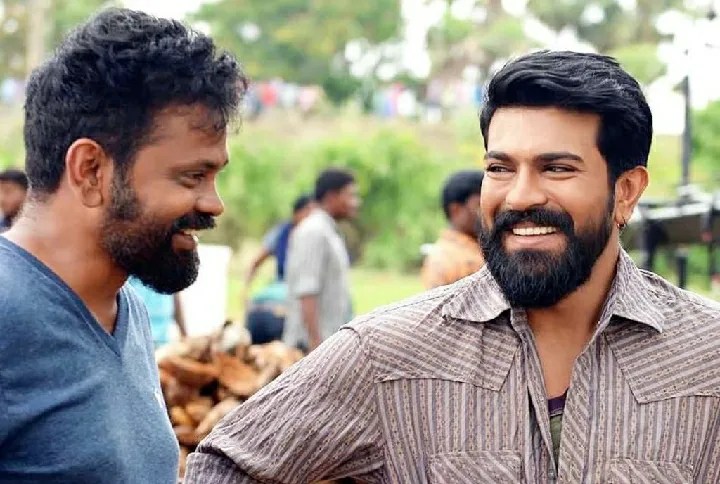Ram Charan is a name that demands authority in the South cinema and over the last few years, his popularity has spread wildly across India. Even though I am a major Hindi film consumer, I am eagerly waiting for the actor’s next, RRR, with SS Rajamouli, Jr NTR, Alia Bhatt and Ajay Devgn. And although I will have to wait a little longer to see that masterpiece in theatres considering the current surge of Omicron cases in India, Ram Charan is indeed coming to the theatres next month with another one of his blockbusters.
The 2018 period action drama, Rangasthalam, is set to woo Hindi audiences with the film’s theatrical release in the North in February 2022. Producer Manish Shah is planning the release to give a push to the theatres across India that have again fallen into a slump due to the pandemic.
Rangasthalam, directed by Sukumar, was Telugu film industry’s biggest hit in 2018, and considering the film’s success down South, the exhibitors have welcomed the decision to release the film for the Hindi market. Manish has also put forward very minimal terms and conditions, while also ensuring that the revenue sharing is in favour of the cinema owners.
The 2018 film had Ram Charan play the role of a partially deaf man and also starred Samantha Ruth Prabhu, Jagapathi Babu, Aadhi Pinisetty, Prakash Raj, Anasuya Bharadwaj and Naresh. It told the story of two brothers who oppose their village’s local government and the corrupt co-operative society they live in.
At one of the promotional events for RRR, Rajamouli had shared that Ram Charan is all set to work on another project with Sukumar. He insisted that that the film would be another hit, and he was sure of it especially after he heard the narration of its opening sequence from Sukumar himself.
Recently, makers of Allu Arjun’s Ala Vaikunthapurramuloo also announced the release of Hindi dubbed version of the film in theatres and now with Rangasthalam joining that list, it fills me with pride to see how different industries are coming together to revive the business of Indian films. That’s why it is said that cinema unites us and these acts are a proof to that.

